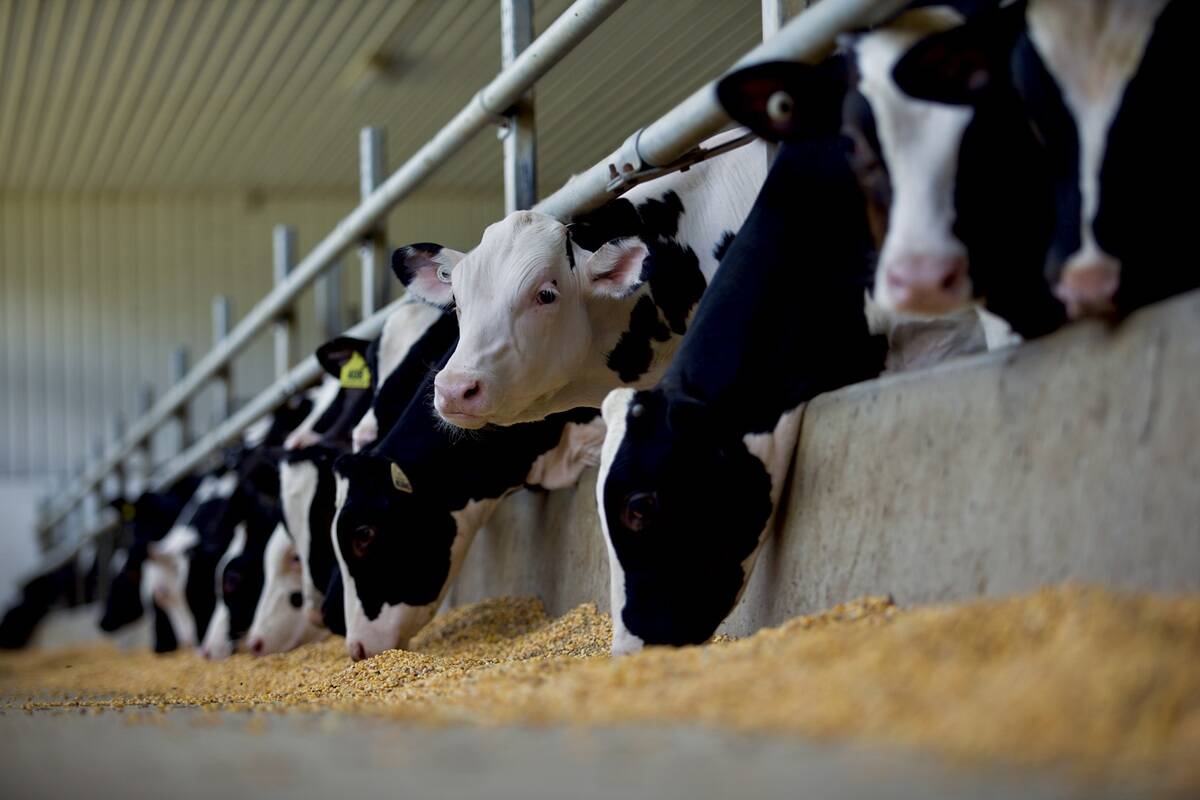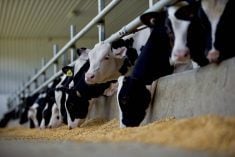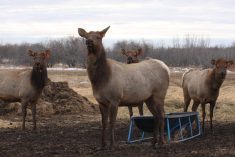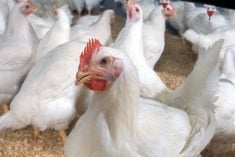A single case of anthrax in a beef cow has been confirmed in the Fort Vermilion area of northern Alberta.
This is early in the season for this soil borne disease to appear but hot, dry weather is suspected for releasing infectious spores, said a spokesperson for the provincial veterinarian’s office.
A spore forming bacteria, anthrax affects cattle, bison, sheep, goats and horses. Death occurs within hours and there could be some bloody discharge.
Anthrax cases are reported in western Canada nearly every year during the summer months, usually following hot weather.
Read Also

Confusion cleared on Canadian calf import changes
A Canadian Food Inspection Agency (CFIA) announcement on import regulations for feeder calves caused some confusion on the administrative side of Canada’s cattle industry earlier this month
Producers are advised to report suspicious deaths to their veterinarians because a prompt diagnosis can help prevent the spread of disease. The veterinarian can determine whether vaccination is necessary.
In a suspect case the veterinarian can collect samples for testing. Follow the veterinarian’s advice on carcass disposal.
The provincial veterinarian’s office also recommends removing surviving animals from the pasture where dead livestock was found.
Do not move the dead animals and do not call for deadstock pickup.
To prevent scavenging of carcasses, cover them with a secure tarp or heavy plastic.
Anthrax can cause severe disease in humans. Precautions should be taken when handling suspect cases and for further information contact a physician or community health centre.
Detailed information is available at: http://www.agric.gov.ab.ca or call (780)-427-3448.
Barbara.duckworth@producer.com















